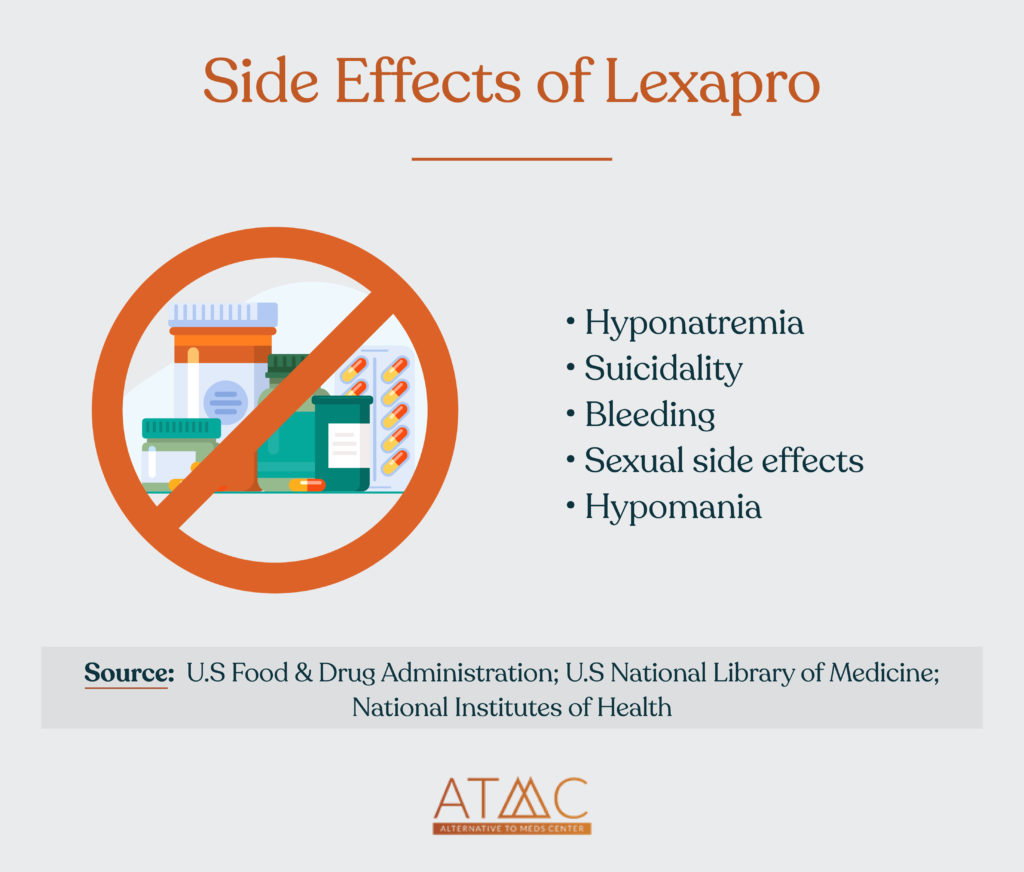

In addition, depression-related impairments in 5-HT1A binding may diminish the excitatory effects of 5-HT agents on the respiratory system.īased on a retrospective cross-sectional chart review in individuals who were referred for a sleep disorder assessment and underwent diagnostic polysomnography (PSG), the present study investigated how sleep-related respiratory disturbances relate to depression and the use of medications commonly prescribed for depression. For instance, there are some indications of increased 5-HT3 receptor activity in depression, 31 a factor that may potentiate the inhibition of respiratory muscles. 29, 30 From this perspective, the postulated dysregulation of 5-HT receptors in depression may shape the respiratory response to 5-HT agents. 26, 27 Agonism at 5-HT3 receptors can have inhibitory effects on upper-airway dilators, thereby reducing patency and airflow, 23, 28 and agonism at 5-HT1A receptors can have excitatory effects on respiratory centers. The direction of serotonergic effects on respiration may also vary with the expression of 5-HT receptors. 25 These inconsistencies could result from individual differences in the vulnerability to 5-HT agents. 23 In humans, small (from 8 to 17 participants) trials attempting to use SSRIs to improve breathing in people with OSA have yielded mixed results some have reported reduced apnea-hypopnea index (AHI) in a subset of their sample (ie, 33%–65%), 3, 24 and some have reported an overall slight (nonsignificant) increase in AHI. 18 Although conflicting effects have also been reported, 5, 19 exogenous 5-HT can trigger apneas 20 and increase breathing disruptions during sleep in a dose-dependent manner, 21, 22 whereas 5-HT antagonists actively reduce sleep apneas.

Pharmacological manipulations of the 5-HT system may also impact respiratory functions. 13, 14 The serotonergic input to motor neurons regulating upper-airway muscles decreases during sleep, 15, 16 which is thought to play a role in upper airway obstruction, the basis of OSA. Most 5-HT neurons are located in the raphe nuclei, a structure heavily involved in the regulation of respiration and sleep. 12 These 5-HT abnormalities could interfere with respiration, especially during sleep. For instance, individuals with depression have low levels of plasma tryptophan (a 5-HT precursor) 7, 8 and 5-HT metabolites in the cerebrospinal fluid, low 5-HT1A receptor binding, 9– 11 and low availability of 5-HT reuptake sites in the brainstem. 3– 5 Considering the high comorbidity between depression and SRBDs, 6 there is a need to better understand how SSRIs may interact with respiratory functions in the context of depression.ĭepression is accompanied by dysfunctions in the serotonin (5-HT) system, both centrally and peripherally.

1, 2 In addition to altering sleep architecture, SSRIs have been shown to modulate breathing patterns during sleep in animal models and in humans with sleep-related breathing disorders (SRBDs).

Medications commonly prescribed for mood disorders, such as selective serotonin reuptake inhibitors (SSRIs), markedly impact sleep.


 0 kommentar(er)
0 kommentar(er)
